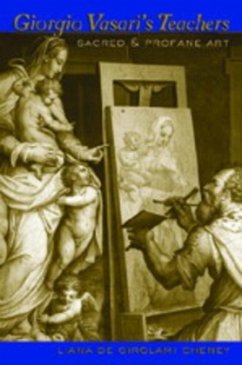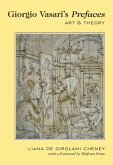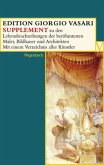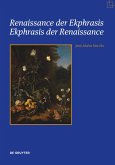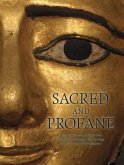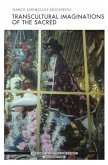This book examines the artistic, cultural, and historical influence of Giorgio Vasari's teachers, mentors, and patrons on his sacred and profane paintings. As a Maniera artist, Vasari learns to admire and assimilate the art of the ancient masters. With the guidance of Dante's literary writings and Marsilio Ficino's Neoplatonic philosophy, Vasari reveals a moral and didactic vision in his art. Additionally, Vasari's artistic patronage is influenced by the political views of Niccolò Machiavelli. In the integration of both ancient art and myths with the didactic legacy of biblical figures and moral personifications, Vasari manifests his artistic theory and symbolism in his sacred and profane paintings.
Bitte wählen Sie Ihr Anliegen aus.
Rechnungen
Retourenschein anfordern
Bestellstatus
Storno

